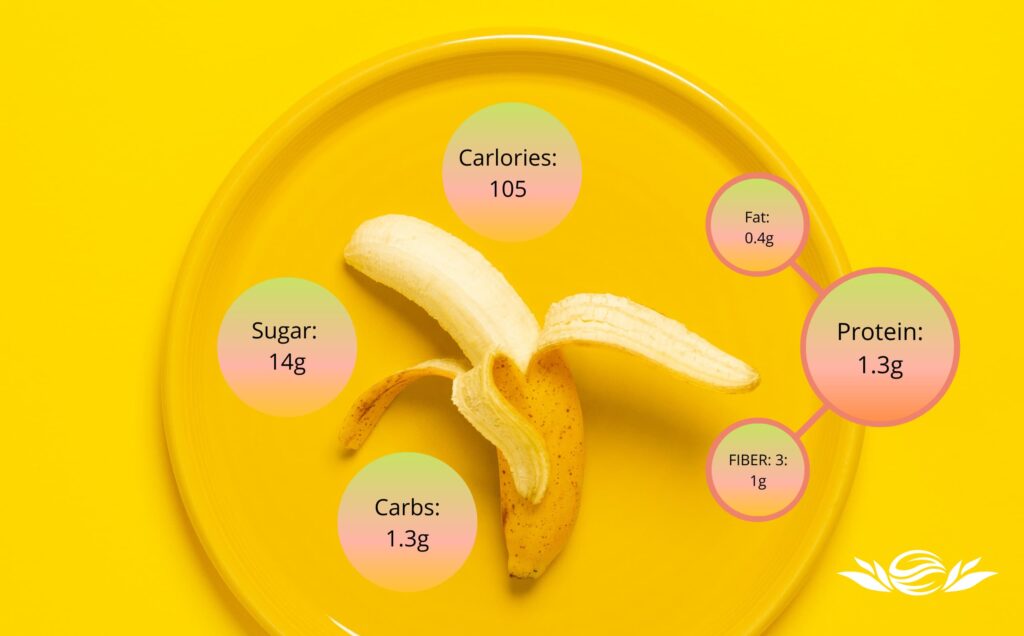Food
All About Bananas
Bananas are an all time favorite fruit for many especially anyone who is from the tropics who can enjoy them all year round. The fruit is from the family of plants called the musa and are native to Africa, Asia and Australia. They can also be grown in other warm climates around the world like southern US states. Another plant in the musa family plantains, are believed to also be bananas. They are not, its a different plant from bananas and have a distinguished taste and shape. Plantains are long and slender and are referred to as ground provisions in many Caribbean and Latin American cultures. Green plantains are a household favorite and are used to make a popular snack; plantain chips.
Bananas are actually perennial herbs related to ginger. Although bananas develop quickly from the flowers it takes about three months for the fruit to mature and ripen. The fruit can ripen if left on the tree but they are often harvested while green and hung in a warm place to ripen mainly because birds feast on the ripe bananas when left on the tree. Within a week of harvesting the fruit they ripen and can be enjoyed as a snack or used in baking or cooking. In my culture green bananas are a staple in almost any meal. They are cooked in water with a splash of lemon and eaten as a side dish with almost any meal. When cooked they are very soft and have a smooth almost buttery flavor.
A perfectly ripe banana is ripe and still firm. Freezing ripe bananas can be an excellent addition to your smoothies and even the base of a banana ice cream like treat the entire family will love. Just add to other frozen fruits like mangoes or berries, blend and enjoy. When bananas become overripe and have brown circular spots on their skin its the ideal time too use use them to make banana treats like cookies, cakes and breads. The next time you pick up a banana I hope you see them very differently. An elongated yellow fruit packed of yummy goodness.
Bananas are a great source of nutrients and vitamins and it makes it an excellent snack on the go or at home. A medium banana contains Potassium, Fiber, Vitamin C, Vitamin A, Vitamin B-6. Magnesium and iron. Thats why bananas are one of the top foods for babies when being introduced to solid foods.
The are a popular favorite because;
- they are relatively cheap fruit
- available throughout the year in grocery markets and farms in most countries
- their skins make it a perfect snack on the go
Potassium
Potassium is one of the most essential minerals to our bodies. It assists our bodies in regulating fluids, contracting of muscles and the firing of nerve impulses. One of the major impacts of potassium on the body is how it may potentially regulate our blood pressure. It is able to do that by lessening the effects on sodium in the blood stream. As you consume more potassium it regulates the sodium by you eliminating the salts through your urine. Potassium may lessen the tension in the blood vessels allow the blood to flow through more freely. The National Academic of Sciences, Engineering and Medicine daily recommendations for potassium for women is 2600mg and men 3400mg.
Fiber
Fiber may not be seen as something fun or exciting but guess what. Without it in our diet we would not be as regular. Fiber is a non digestible carbohydrate. It is made up of two types; soluble and insoluble. The soluble parts are able to be dissolved in water and allow our good gut flora to work on breaking down food particles being absorbed by the body. The insoluble part are unable to be dissolved in water and as a result becomes roughage. Some types of fibers can allow you to maintain a healthy weight. Some studies have shown that increasing dietary fiber allows you to feel full for longer periods of time reducing the urge for snacking. Incorporating more fiber in your meals also regulates your blood sugar as it allows the body to slowly digest food moving into the intestines, which may regulate the need for the blood sugar.
Magnesium
Magnesium is a very common mineral found all around us. On earth, ocean, plant matter and in humans as well. It is an essential mineral which is responsible for many biochemical reactions occurring on a cellar level. It helps to maintain a normal muscle function and nerve activity, supports a healthy immune system, are building blocks in maintaining healthy bones, protein synthesis, blood glucose control. As a result of converting food into energy magnesium is excellent for giving us an energy boost when needed.One muscle which highly relies on magnesium is the heart. It requires the magnesium to actively transport calcium and potassium ions across cell membranes. An adult requires approximately 25 g of magnesium. So next time you feel sluggish grab a banana and enjoy the energy boost.
Prebiotics
We’ve all heard about probiotics and how important they are to us. Do you really know what they are and understand why we need them? Simply put, probiotics are the indigestible fibers that our bodies cannot digest but feed the good bacteria, “ gut flora ” in our digestive tract. Probiotics act as food for microscopic organisms that live in our gut. Having a good supply of probiotics allows our bodies to develop and maintain healthy colonies of good bacteria which enhance our digestion and supporting a healthy microflora and brain.
Sources:
Wikipedia
FDA
The National Academic of Sciences, Engineering and Medicine
https://www.nap.edu/download/25353

Farrah was born on the Nature Isle of the Caribbean, Dominica. An island, known for its rich biodiversity, cultural heritage, and extensive centenarian population. Dominica instilled in her a respect for nature, the environment, and the power of healthy living. It is apparent why she became an Environmental Scientist. After much success in her industry, Farrah found a growing need for community-based health education and founded Gaia’s Essence, a lifestyle company for women. Over the years, she has partnered with Fortune 500 companies like; Whole Foods Market, Disney, and OWN. She is the Editor in Chief of Gaia’s Essence Magazine, the producer of the New Year New You Summit, the Gaia’s Essence Women’s Wellness Conference, host of the Beast Mamas podcast, and founder of the Gaia’s Essence Network.
She lives in California with her husband and her two children.


